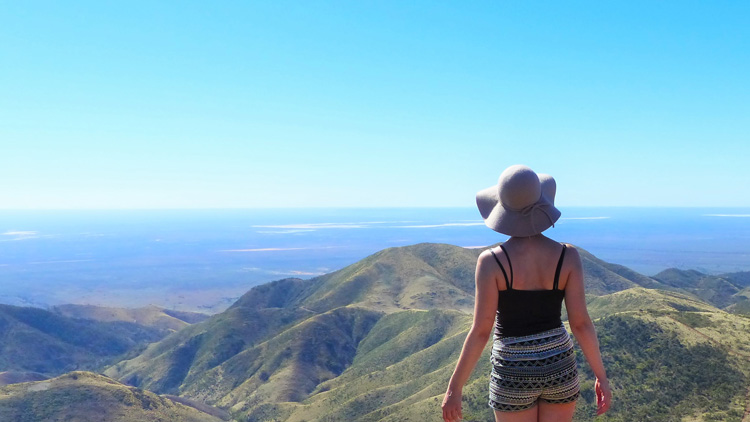Solo travelling as a female can be a daunting experience. Unfortunately more times than not we hear about women falling victim while travelling weather that be by accident or by malicious intent. We’ve teamed up with Compare&Choose to bring you some useful tips for keeping safe while exploring the world unapologetically.
Plan ahead
While taking each day-by-day is fantastic but living in the moment, a bit of planning means if something were to happen to you – people would know straight away. This way your loved ones can keep track of, and if by any chance you lose all your money, you know you won’t be in a ditch as you’ll have some things pre-booked.
You don’t have to plan everything, even having a timeline of sorts is important. Narrow it down to weeks and cities that way your friends can spot any unusual activities as well.
Get insurance
Simple as that. Get insurance EVERYTHING so that in case you’re left without your belongings you’ve got some money covering the extra expenses you might have.
There are travel insurances available or if you’re more of a ‘all inclusive’ kind of gal, tourism companies often have insurance included as part of your package. Furthermore, some banks offer discounted travel insurance with your debit/credit card. There are plenty of budget friendly options so there is no excuse skipping on insurance. As the saying goes – better safe than sorry.
Have your own vehicle
If you’re planning a road trip, the safer option is to hire campervan of your own rather than hitchhike. Hitchhiking can be very dangerous and as a solo traveller that would make you especially vulnerable.
When leaving the vehicle, make sure you remove all valuables out of sight for someone looking in from the outside. Be mindful where you park as well, try to park in areas where there is plenty of people around or in range of security cameras. As for camping, some places it’s against the law to park your campervan/vehicle in non-designated camping areas. Thankfully, most popular road tripping routes have plenty of camping spaces on the way, ensuring there are plenty of options without having to break the law or jeopardise your own safety.
Learn to kick butt
Take a self-defence class before you travel. Why?
Well, firstly, it’s empowering and, secondly, it will help you become more aware of risks and help you with finding the best solutions for getting out of dangerous situations.
Risk assessment is one of the best skills (besides kicking butt) that you’ll pick up at a self-defence class. You’ll learn not to put yourself in compromising positions, asses’ strangers and analyse situation a lot quicker.
Have code-words and checking-in system in place
Make sure someone knows at all times what you’re up to or where you are. That includes coming up with code words that are simple for notifying someone that you’re in danger for a quick text message or a call. Most modern smartphones allow location sharing as well so make sure that’s enabled.
Have a charge back up
Your phone is your best friend while solo travelling. So having some sort of power bank on hand at all times is imperial for solo travelling.
Familiarise yourself with your phone’s inbuilt SOS calling functions. Furthermore, in advance learn or be aware of the emergency services phone numbers depending on the location you are at. Try and always be aware of your location so you can successfully communicate that to the emergency services as quickly as possible. If the circumstances allow, stay on the call until the emergency services get to you (having a full battery for this will be handy). 
Have a backup of all your documents
In the unfortunate event of you losing your passport or other important documents, make sure you have a copy of those documents somewhere as well – maybe in a different bag (physical copy) or saved on your phone/email/cloud etc.
Before making copies, do your research of what legal confirmations you need to have in place of those copies to make them legally acceptable as backup documentation. For example, most places in the world will require a solicitor’s stamp on the copy of your passport to verify the copy as untampered – not fake.
If you’re abroad and lose your documents, make sure you report that and head to the nearest emabassy!
Keep your cash in multiple places
Do NOT put all your money in one spot. In case you get robbed or pickpocketed, you want to make sure you have some emergency funds somewhere.
Keep some cash in your bags, some in your bra and other places where a pick pocketer might not have direct access to. If possible always have your bags near you and keep a close eye on your belonging especially when in busy areas such as public transportation, concerts etc.













